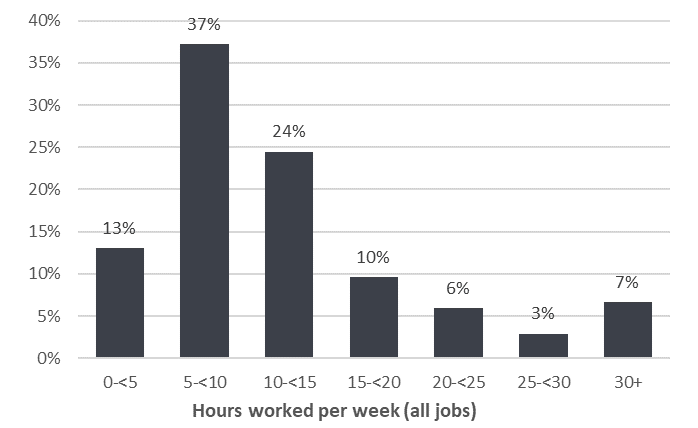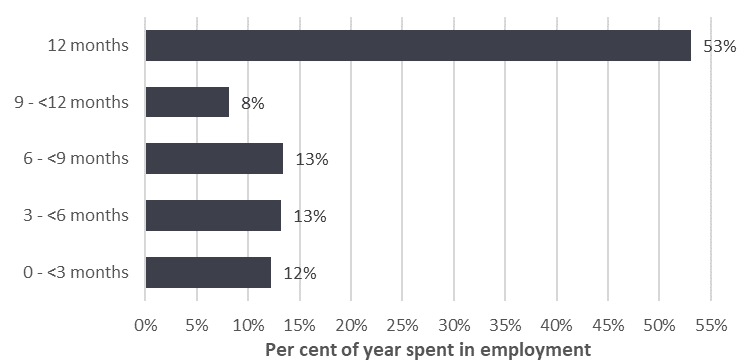As thousands of young Australians work summer holiday jobs, the Super Members Council is calling for the removal of an outdated law denying most teenagers up to $10,000 from their retirement savings.
Under-18s currently don’t receive super contributions unless they work more than 30 hours a week, due to a discriminatory rule, which is also challenging for businesses to administer.
A report from the Super Members Council (SMC) finds about nine in 10 teenagers do not reach the 30-hour work threshold each week, denying about 505,000 teenage workers about $368 million in total super contributions a year.
Rigorous analysis in the new report has found:
-A typical teenager who works for at least two years would benefit from almost $2,200 in their super by the time they are 18 years old.
-This would mean they have $10,000 more (in today’s dollars) when they reach retirement age.
About 505,000 under-18 workers were excluded from being paid super in 2024-25, missing out on an average of $730 each in super contributions – a combined total of $368 million.
SMC Deputy CEO Georgia Brumby called on the Australian Government to abolish the 30-hour threshold and guarantee all young Australian workers get a super start to work.
“Let's not leave our teen workers high and dry this summer. Change the law so they can earn super, no matter how many hours they work,” she said.
“Early career contributions are some of the most valuable by retirement. Every Australian worker, at every age, deserves the right to set themselves on the path to a dignified retirement.”
“Australians strongly support universal super – and know it’s a workplace right. Super should be for everyone, paid from the first hour of your first job. Fixing this outdated exclusion is overdue.”
SMC research shows 85 per cent of Australians think anyone who does paid work should get super contributions.
When super was introduced in the 1990s, the super rate was only 3 per cent and there were fears teens’ smaller balances could be eaten away by fees and insurance. But now, the super rate is 11.5 per cent paid on top of wages and there are fee caps on low balance accounts and limits on insurance for younger workers to protect super balances.
A typical teen who works for at least two years could earn as much as $2,200 in super contributions by the time they reach 18, which means today’s teens are missing out on a lot more than those in the 1990s.
Removing the current 30-hour threshold would also simplify administration for employers, who currently face the challenge of tracking hours for under-18 workers. It would also lessen risks of underpayment, which can be more challenging for businesses who increase staff hours over summer.
SMC acknowledges the impact on some businesses but with tax deductions, the total cost to business is only about $260 million a year.
SMC recommends a transition period to give businesses time to adjust, as was done in 2022 when the Coalition Government ended another exclusion and required super to be paid for workers earning less than $450 a month.
“This is a modest investment for our children’s future – adding just 0.03% to total employee costs. SMC supports a phased transition and looks forward to working with employer groups to bring about this key reform in a way that enables a smooth implementation for business,” Ms Brumby said.
Figure 1: Distribution of hours worked by under-18s, all jobs. Source: HILDA, waves 19 to 22.
Figure 2: Work history for under-18s. Source: HILDA, waves 19 to 22.
Contact details:
Matthew Read: 0432 130 338, [email protected]



